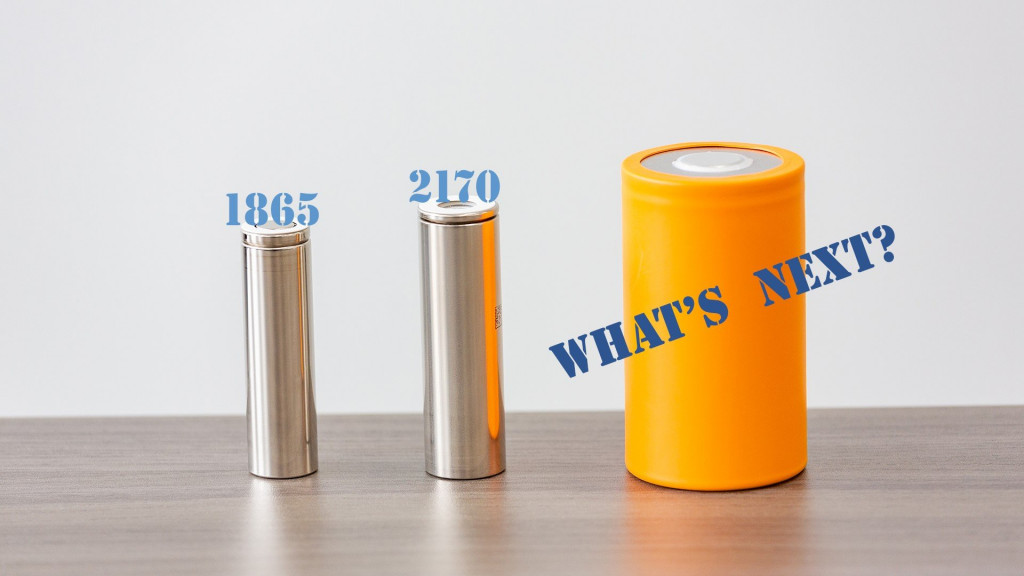Panasonic expects to achieve a 20% boost in energy density for EV batteries by 2030, the company's CTO said in an interview with Reuters published Wednesday. The interview preceded the company's announcement to build the largest battery plant in the world in Kansas City.
Increasing energy density—essentially increasing the amount of energy stored in a given volume—is a priority for battery makers. It would allow for increased EV range without physically increasing the size of the battery pack, or allow automakers to install smaller packs without a range penalty.
Panasonic plans to achieve its energy-density boost with a new mix of additives that would allow individual battery cells within a pack to run at higher voltage without ill effects, Panasonic's Shoichiro Watanabe said in the interview.

Cylindrical cells - Panasonic hinting at 4680 progress
Watanabe said Panasonic planned to reach its goal "over several years," but did not say when it would begin manufacturing battery cells with the new additives. If achieved, a 20% gain in energy density would likely translate to 900 watt-hours per liter (wh/l), compared to 750 wh/l for Panasonic's most advanced current cell, according to Reuters.
Panasonic is Tesla's main battery supplier. It already announced in 2020 that it saw a 20% boost in energy density for Tesla-bound cells happening within five years. When gauging the plausibility of these claims, it's important to remember that energy density improvements tend to come incrementally, not in huge leaps.
Tesla has placed its bets on large-format 4680 cells, which Panasonic plans to start producing as soon as spring 2023. Tesla has reportedly been pushing for faster development of the new cells, which Panasonic executives don't seem as confident about.
Panasonic has said that it does see larger cells as a key to affordable EVs, but it's been skeptical about the 4680 format itself. That said, will it build them at its upcoming U.S. plant? Neither company has confirmed quite yet.












